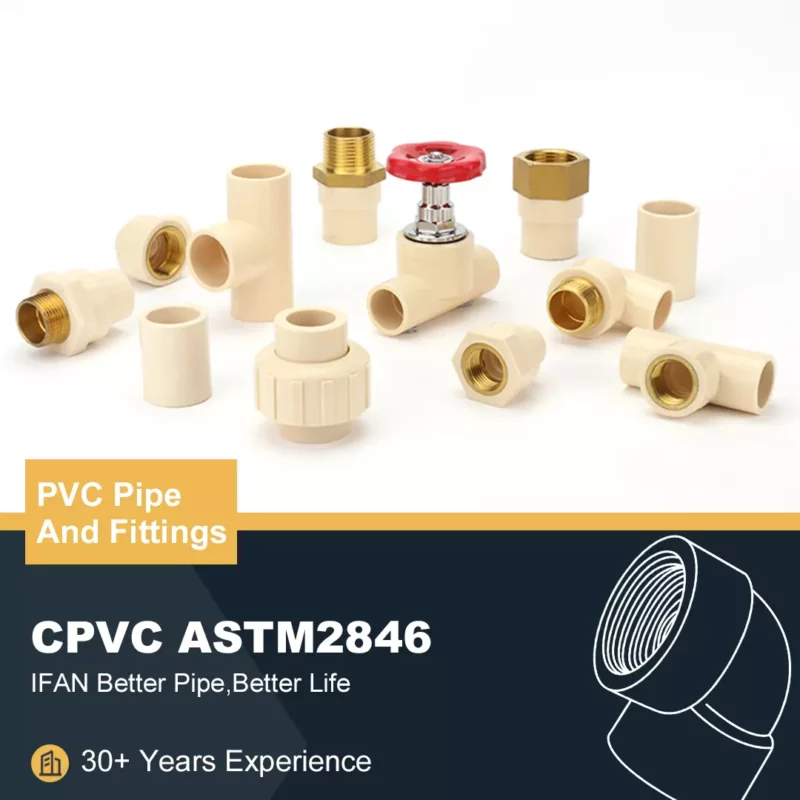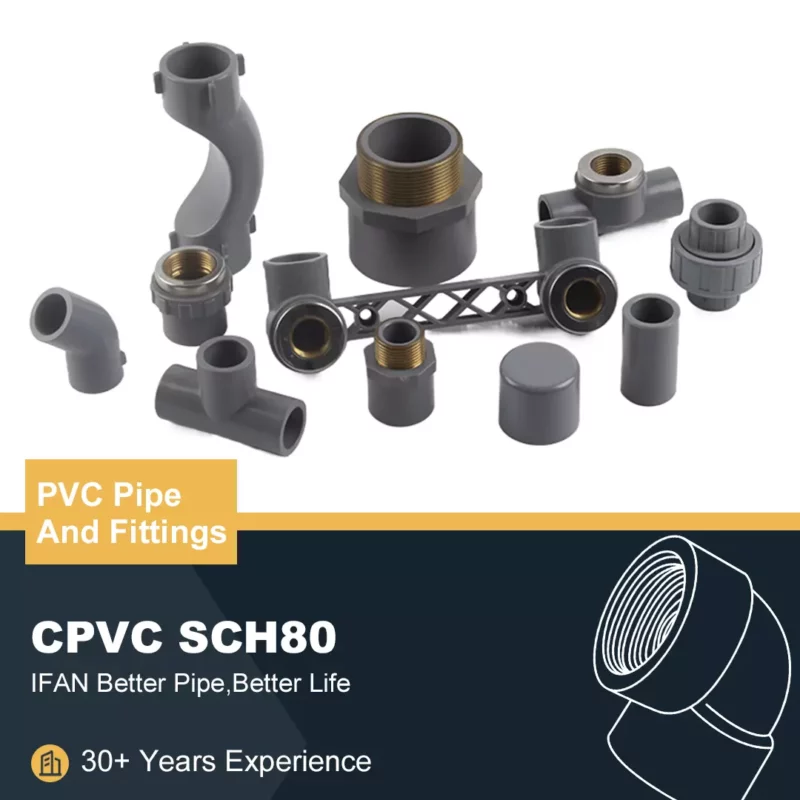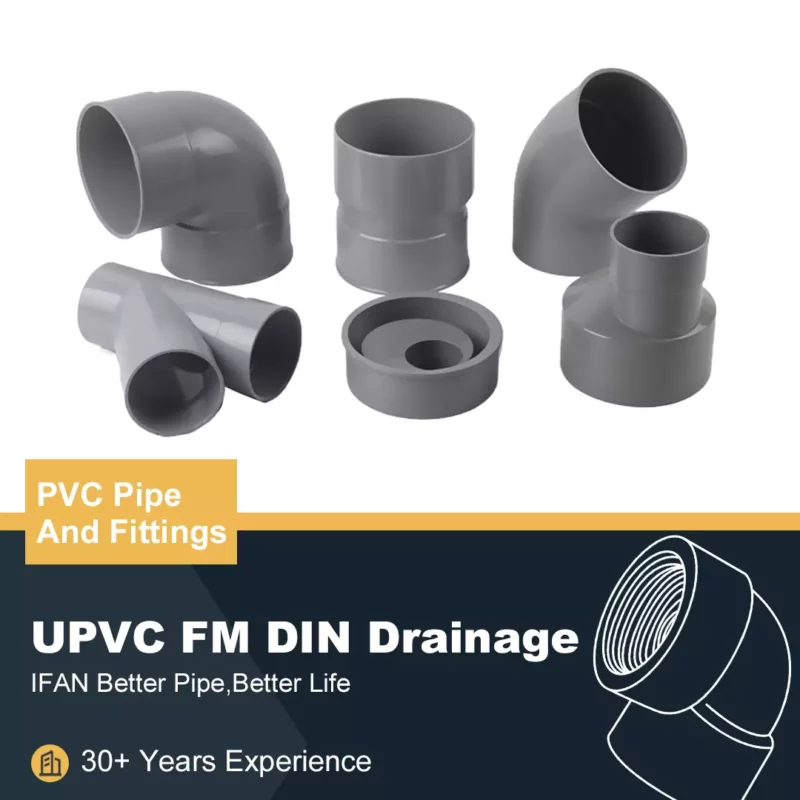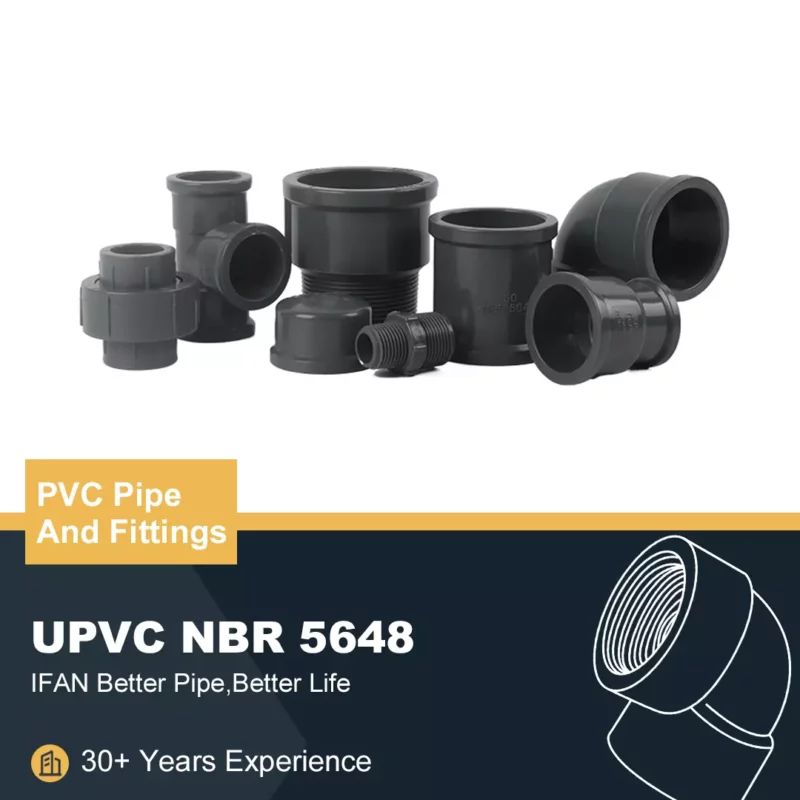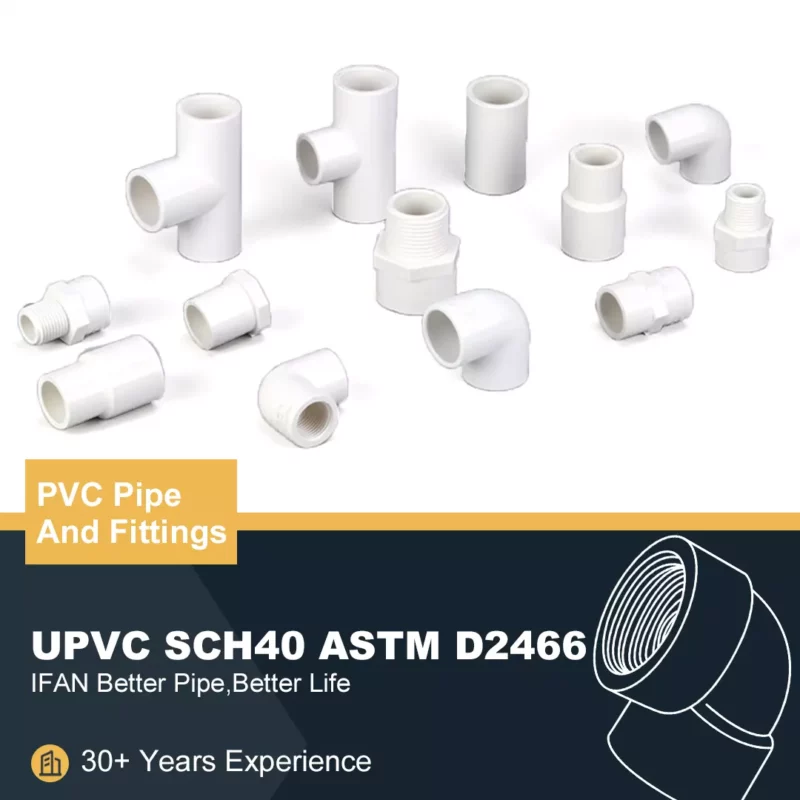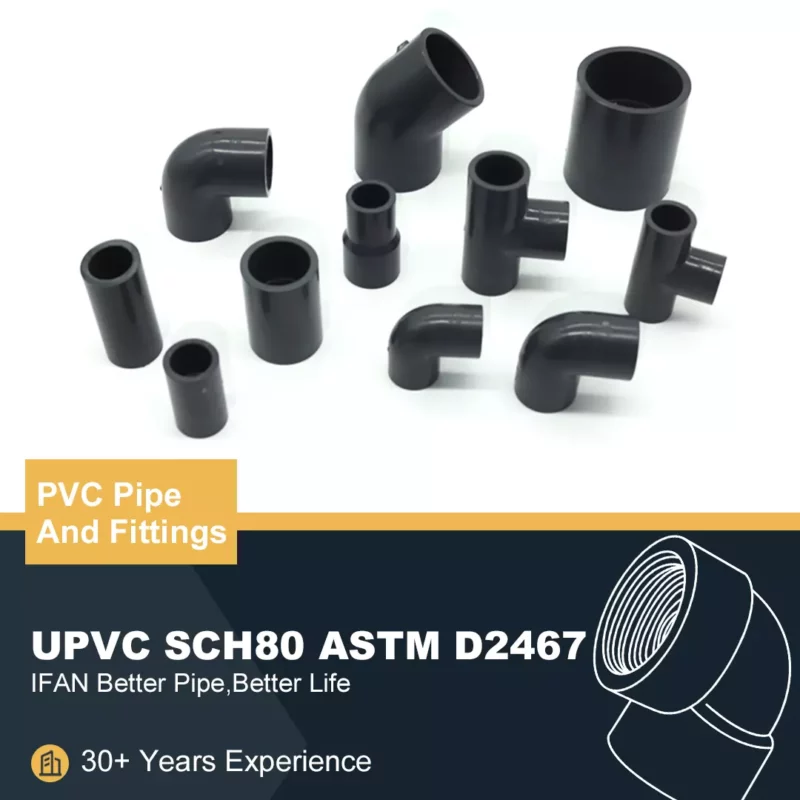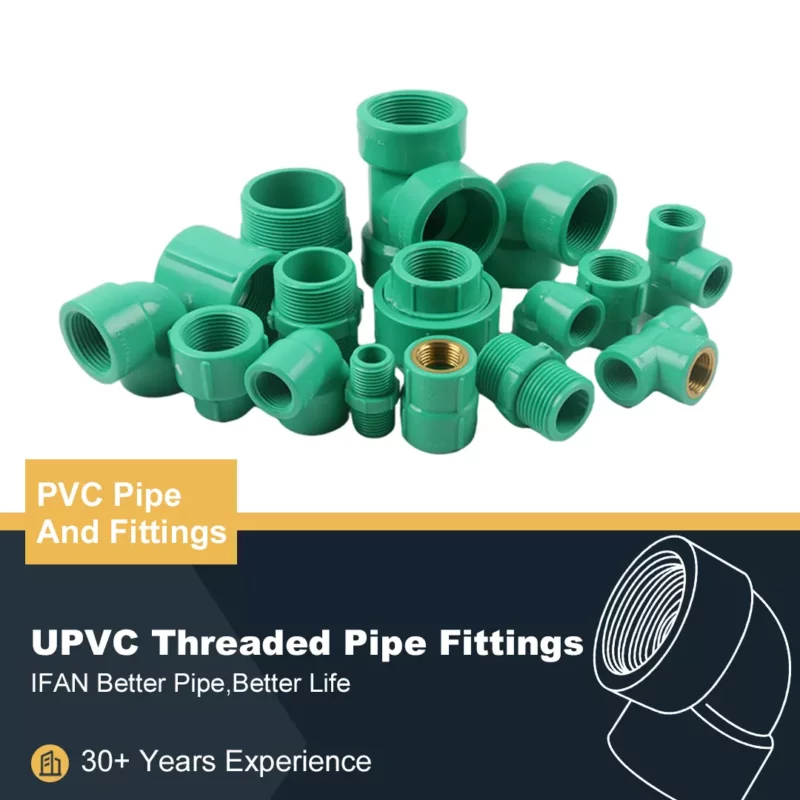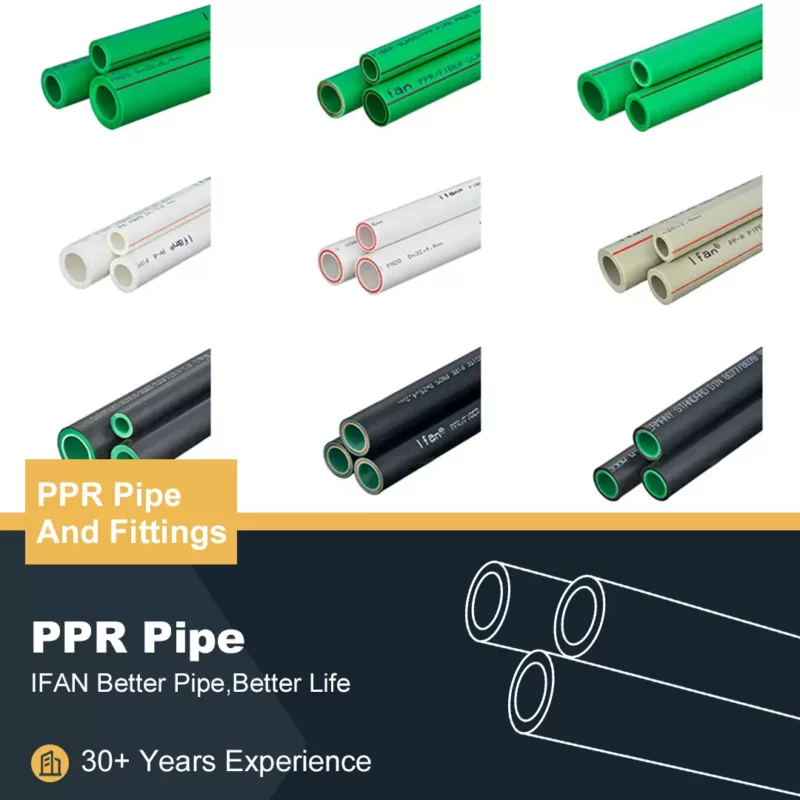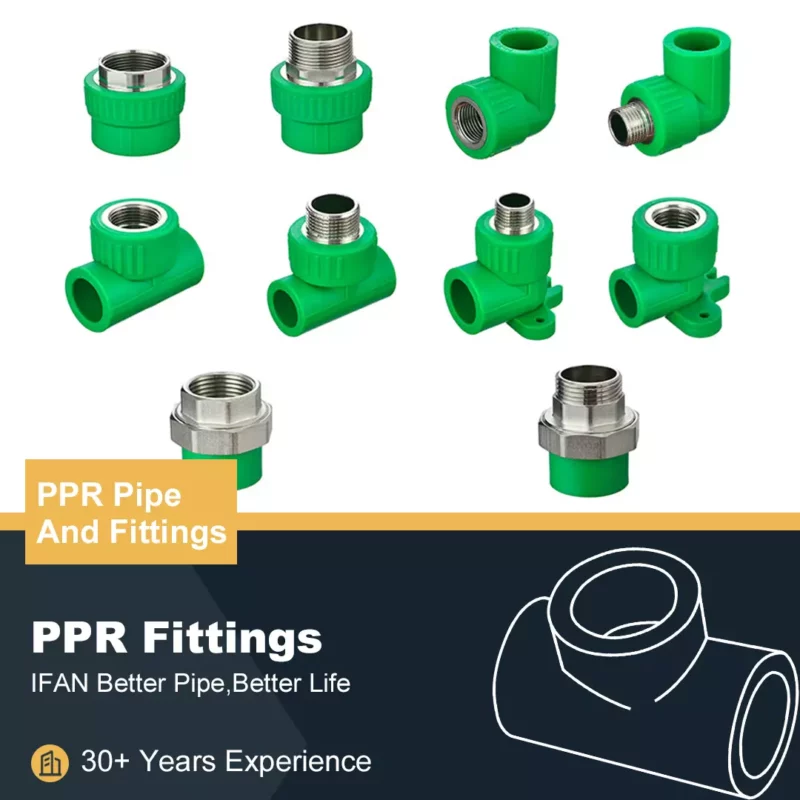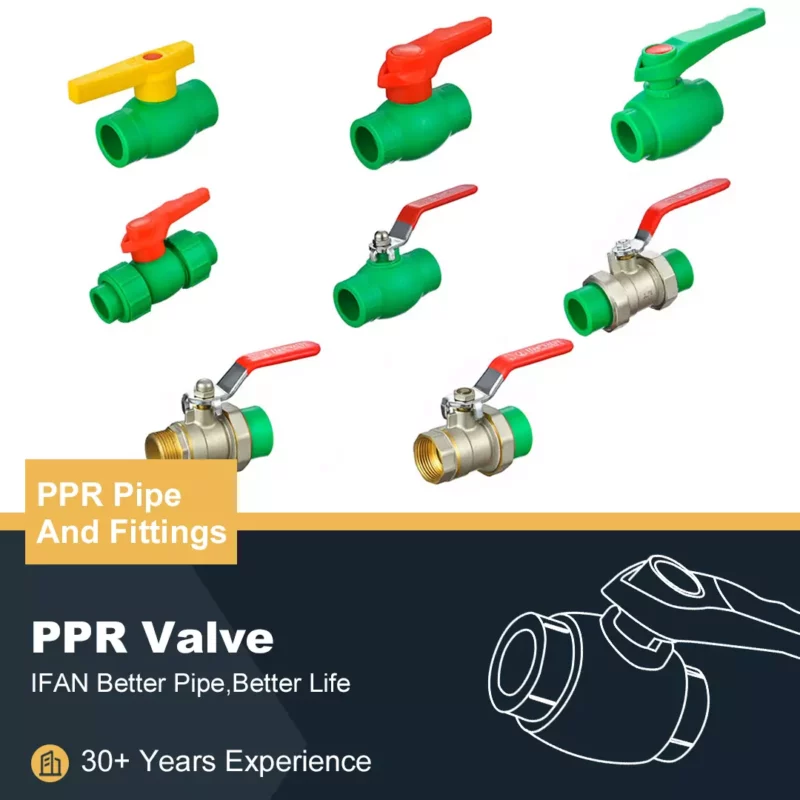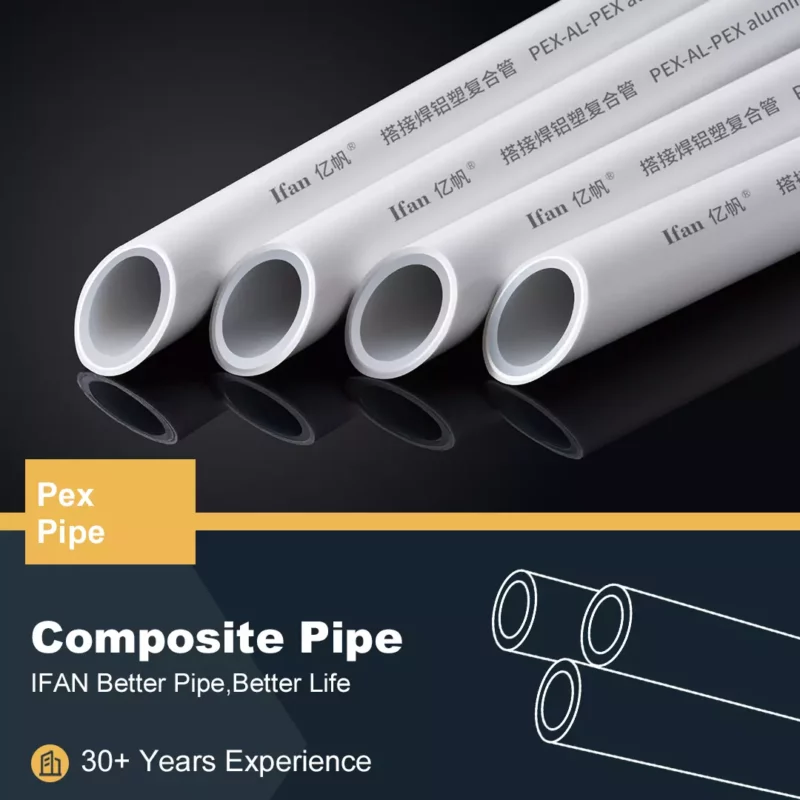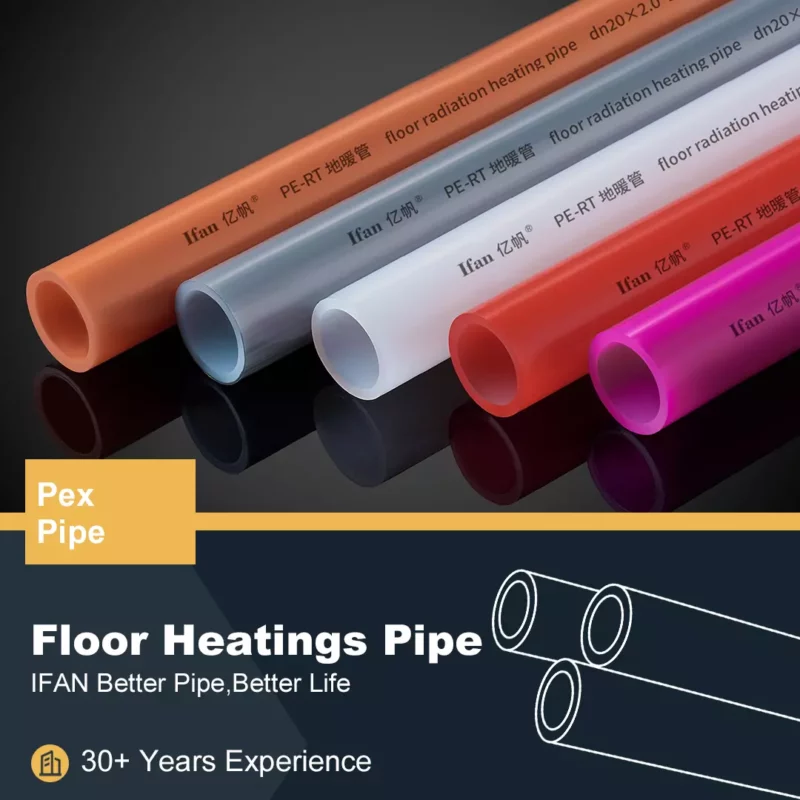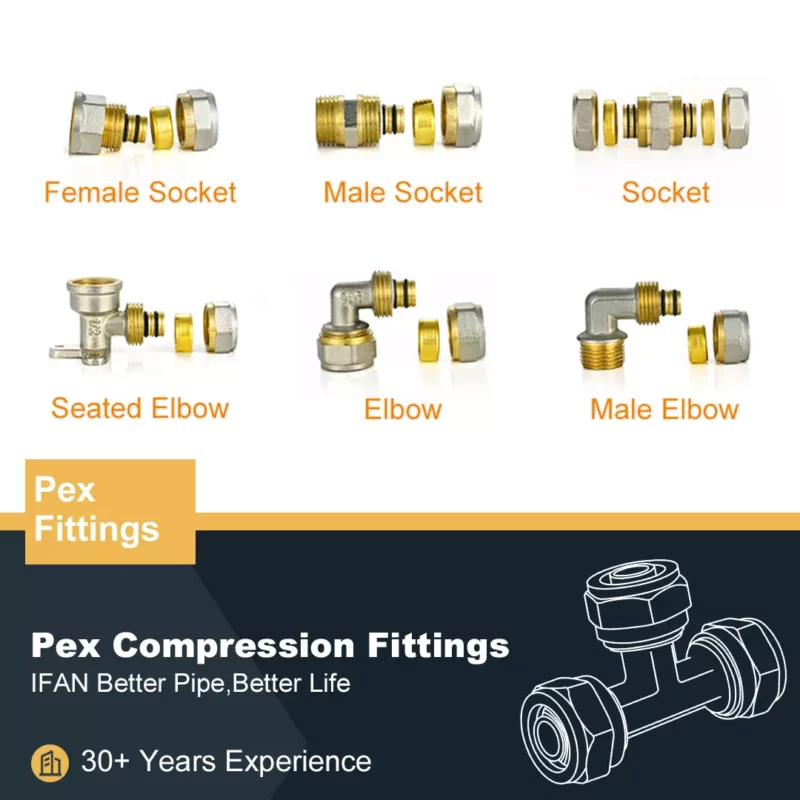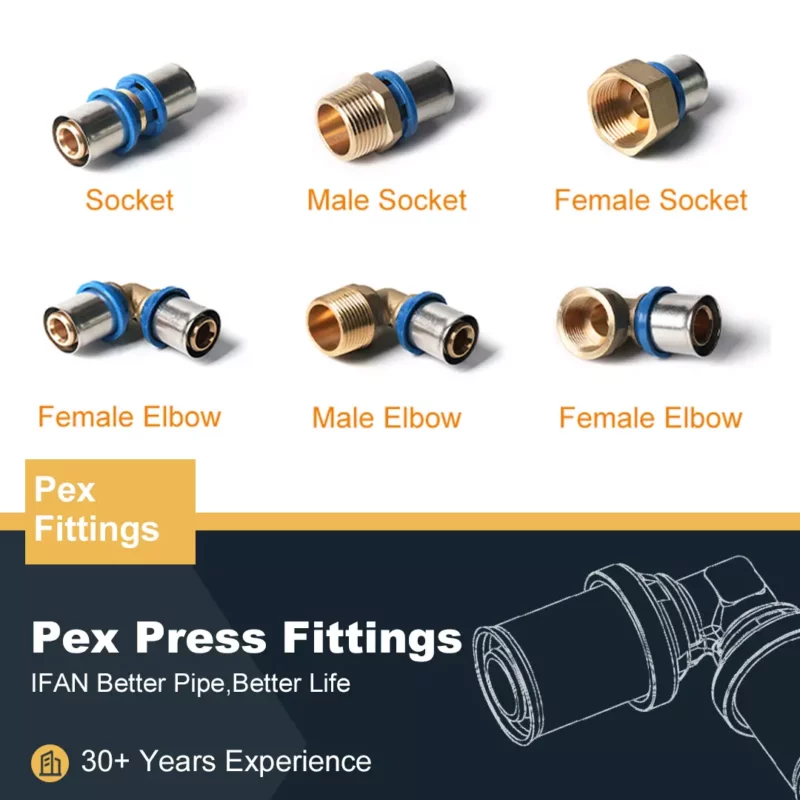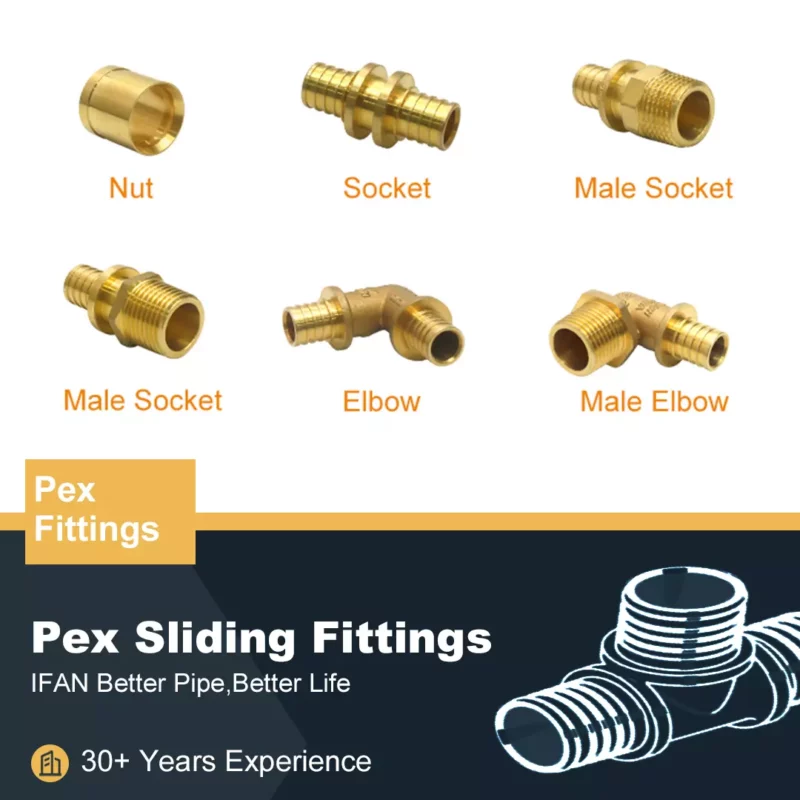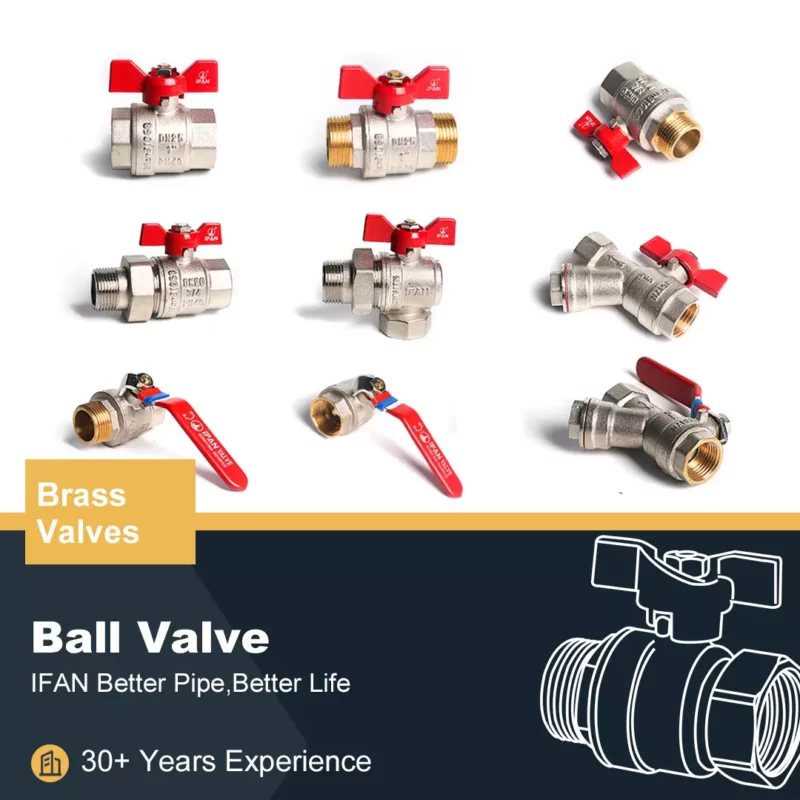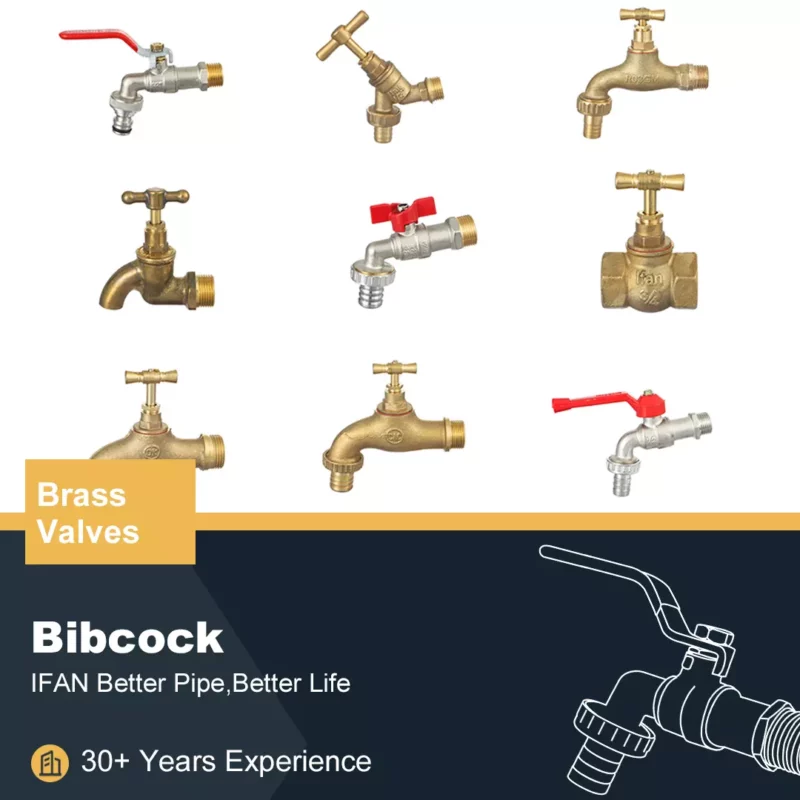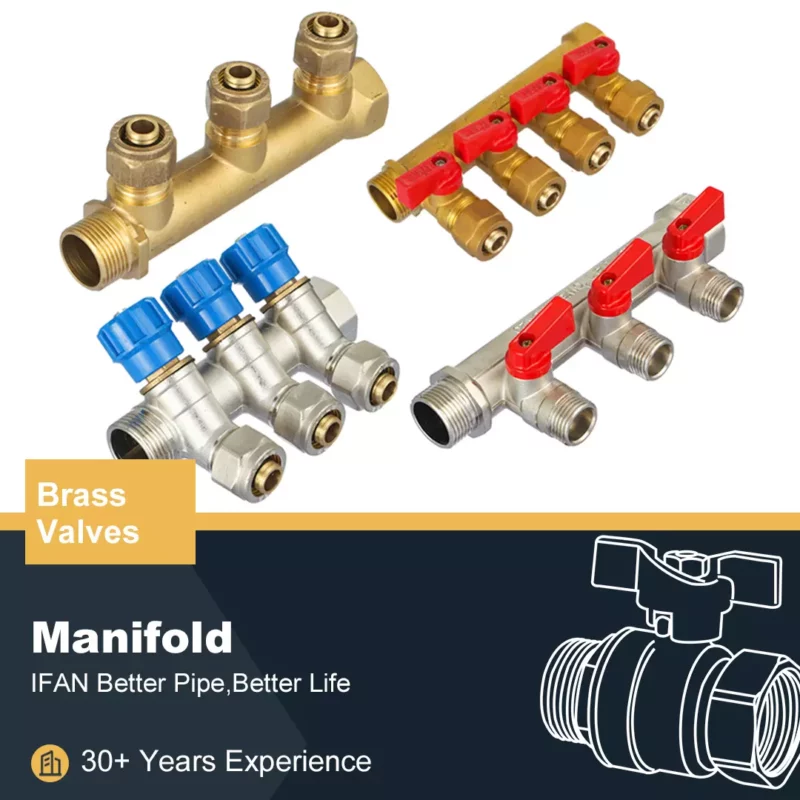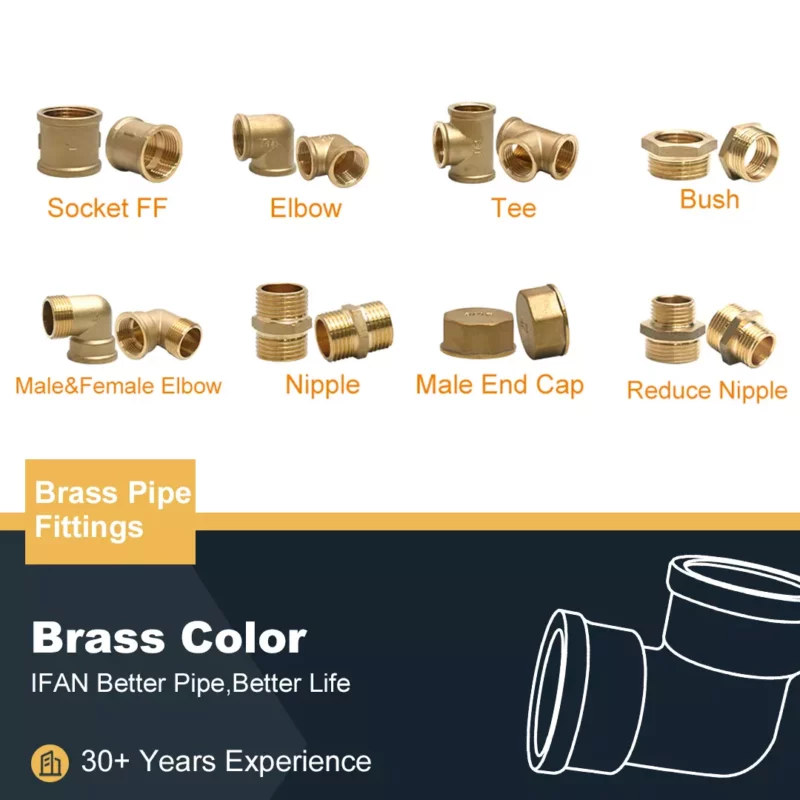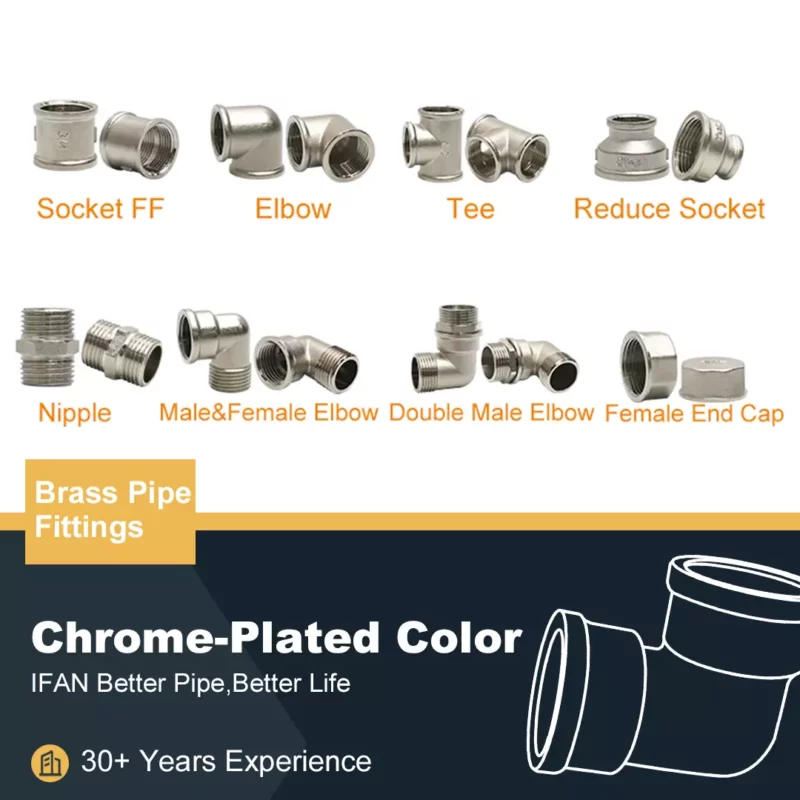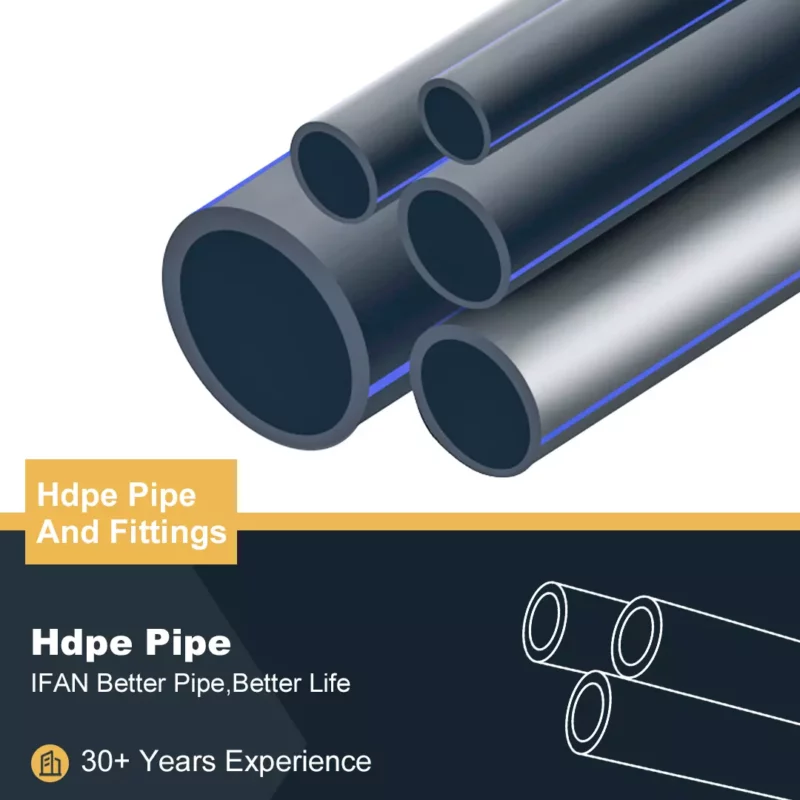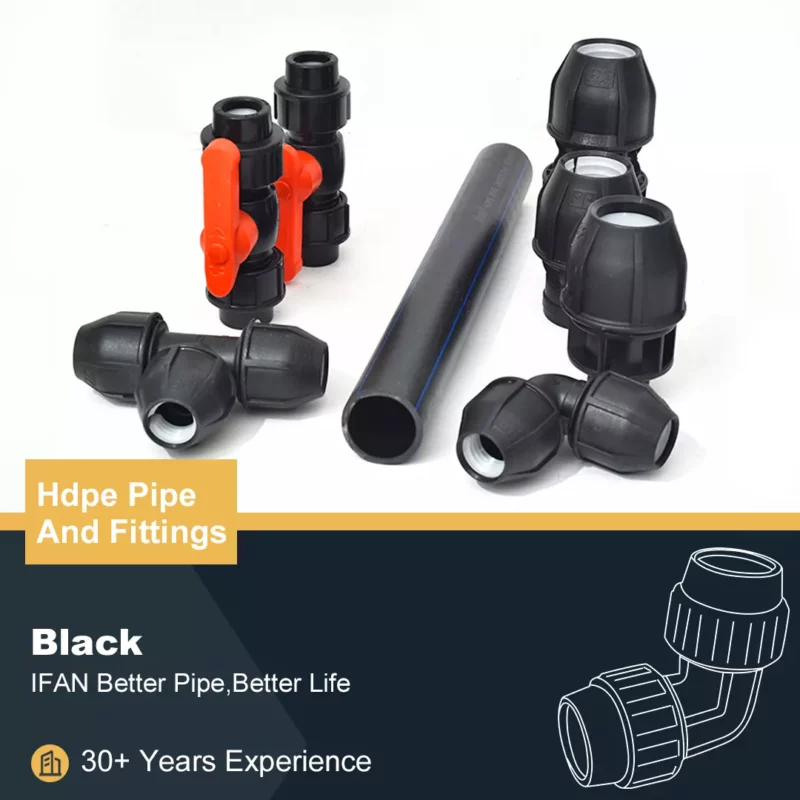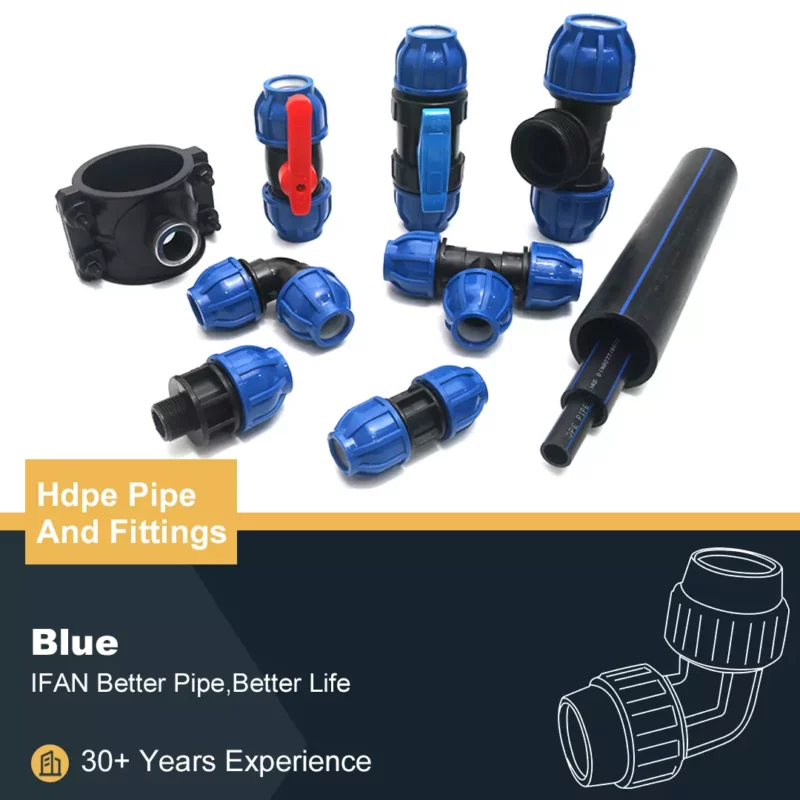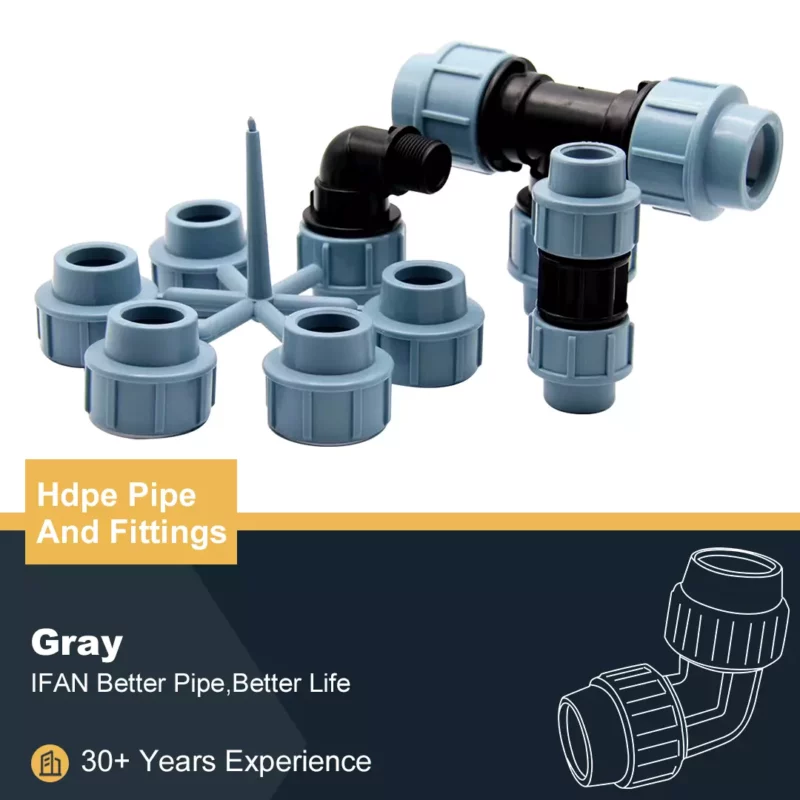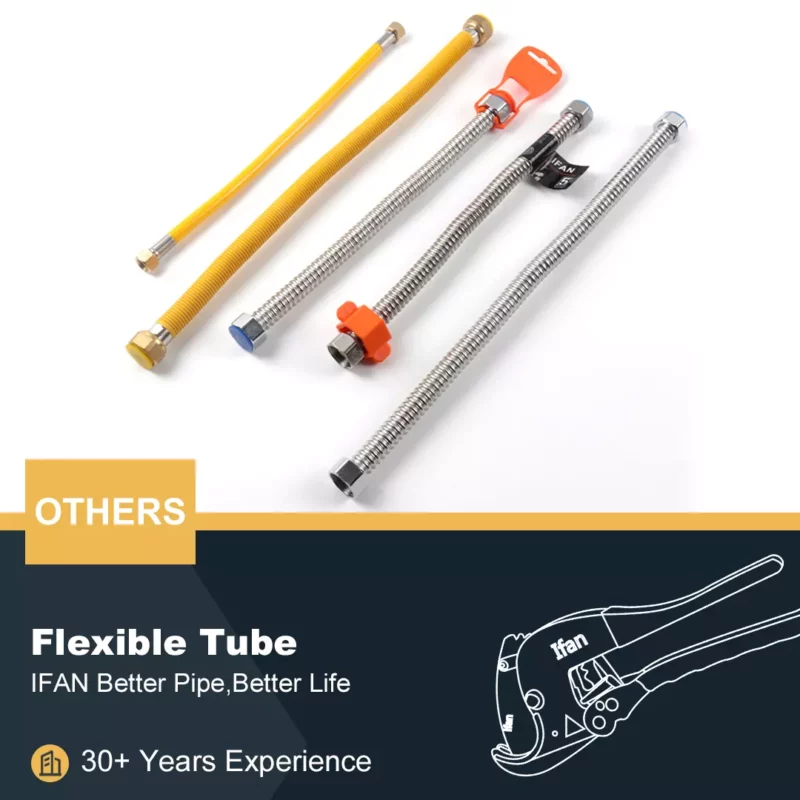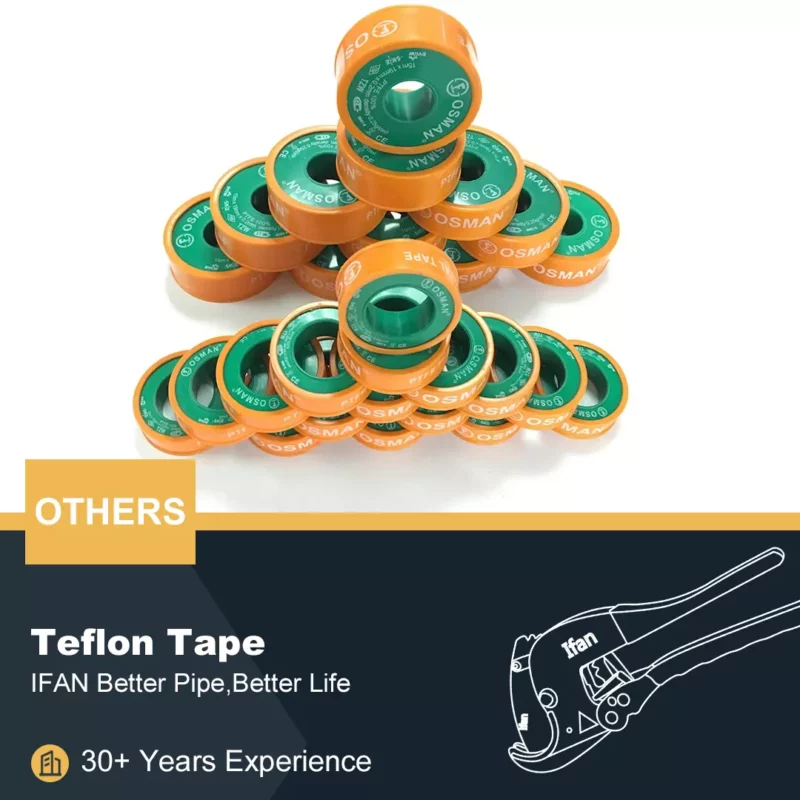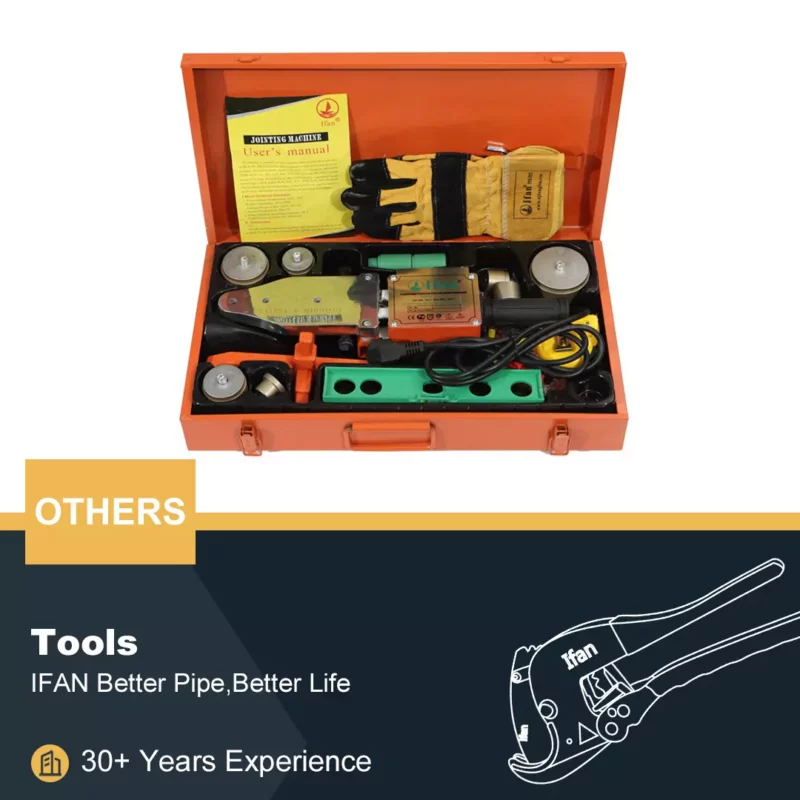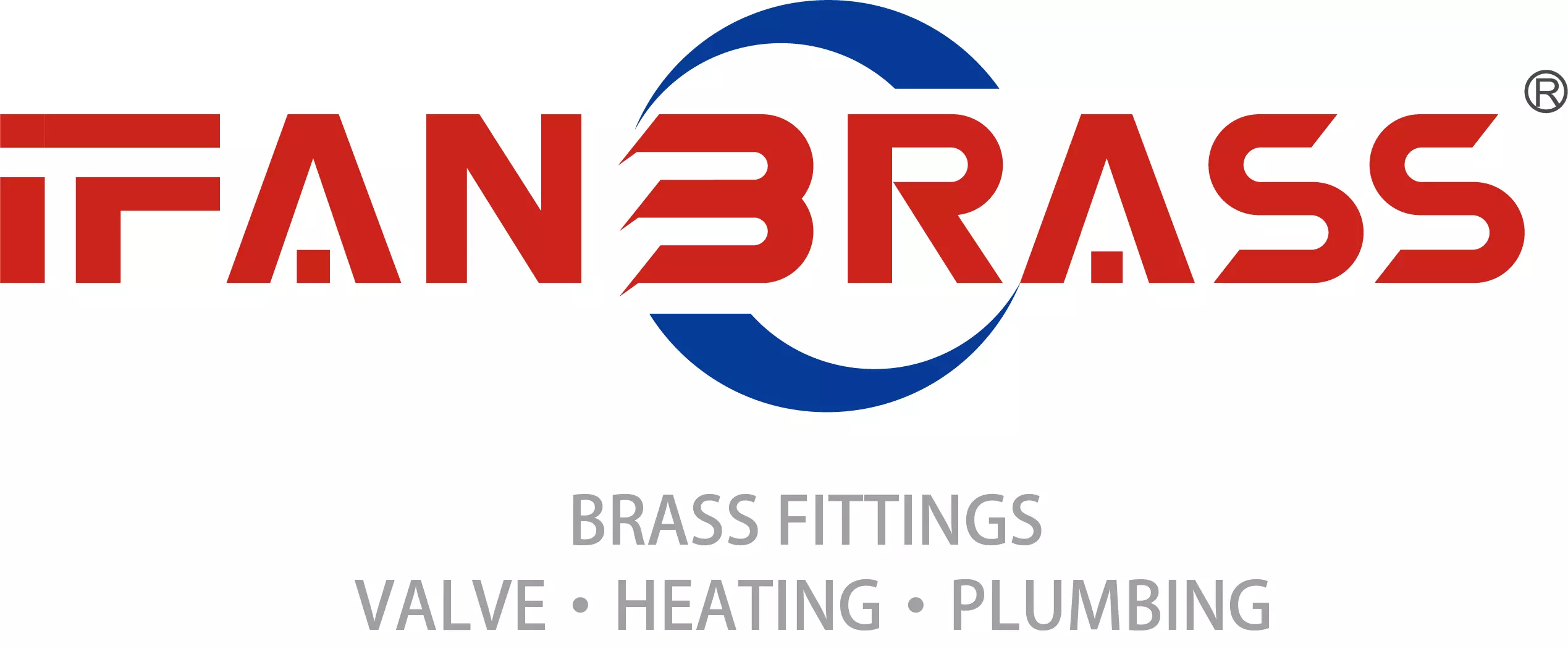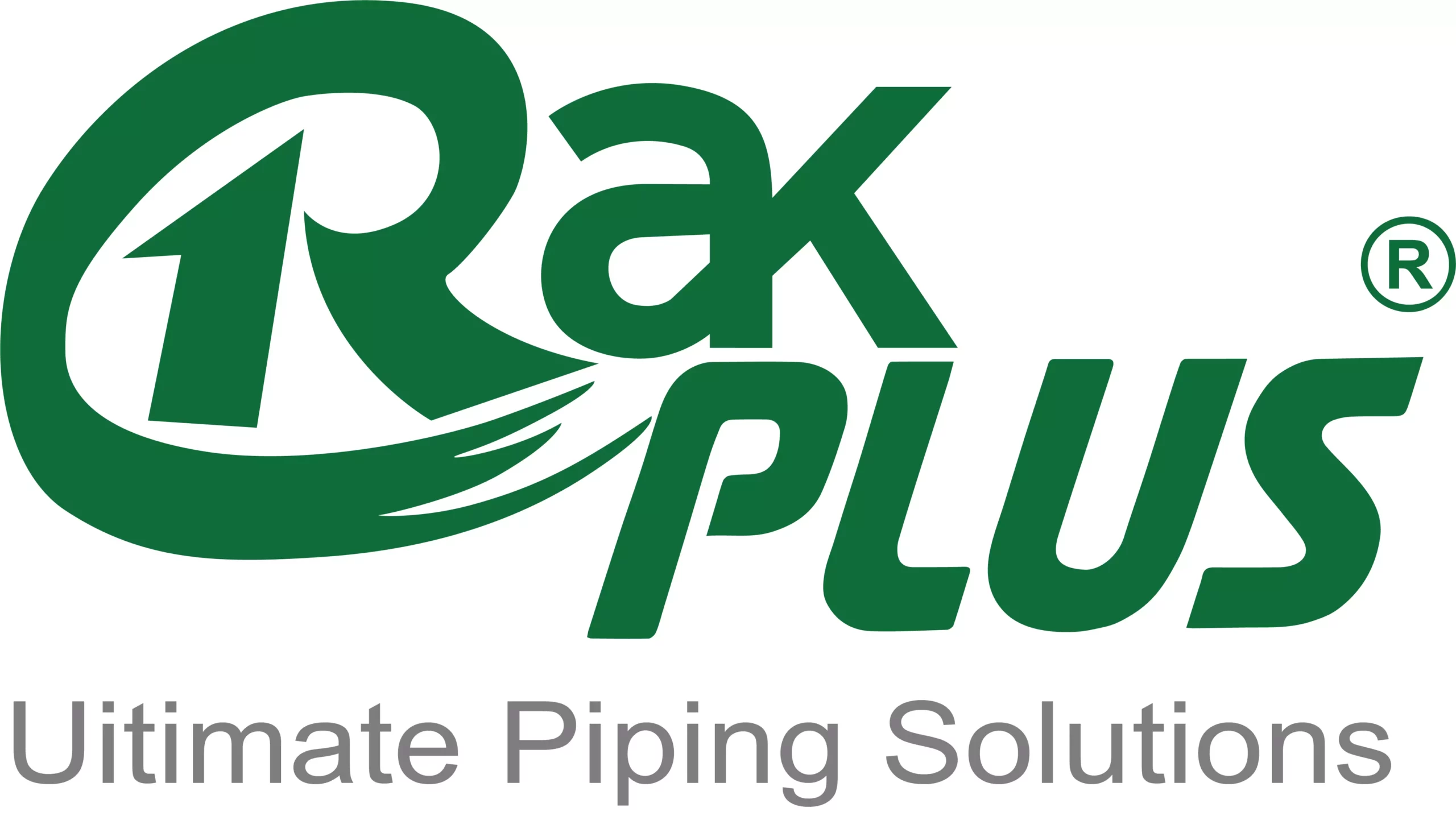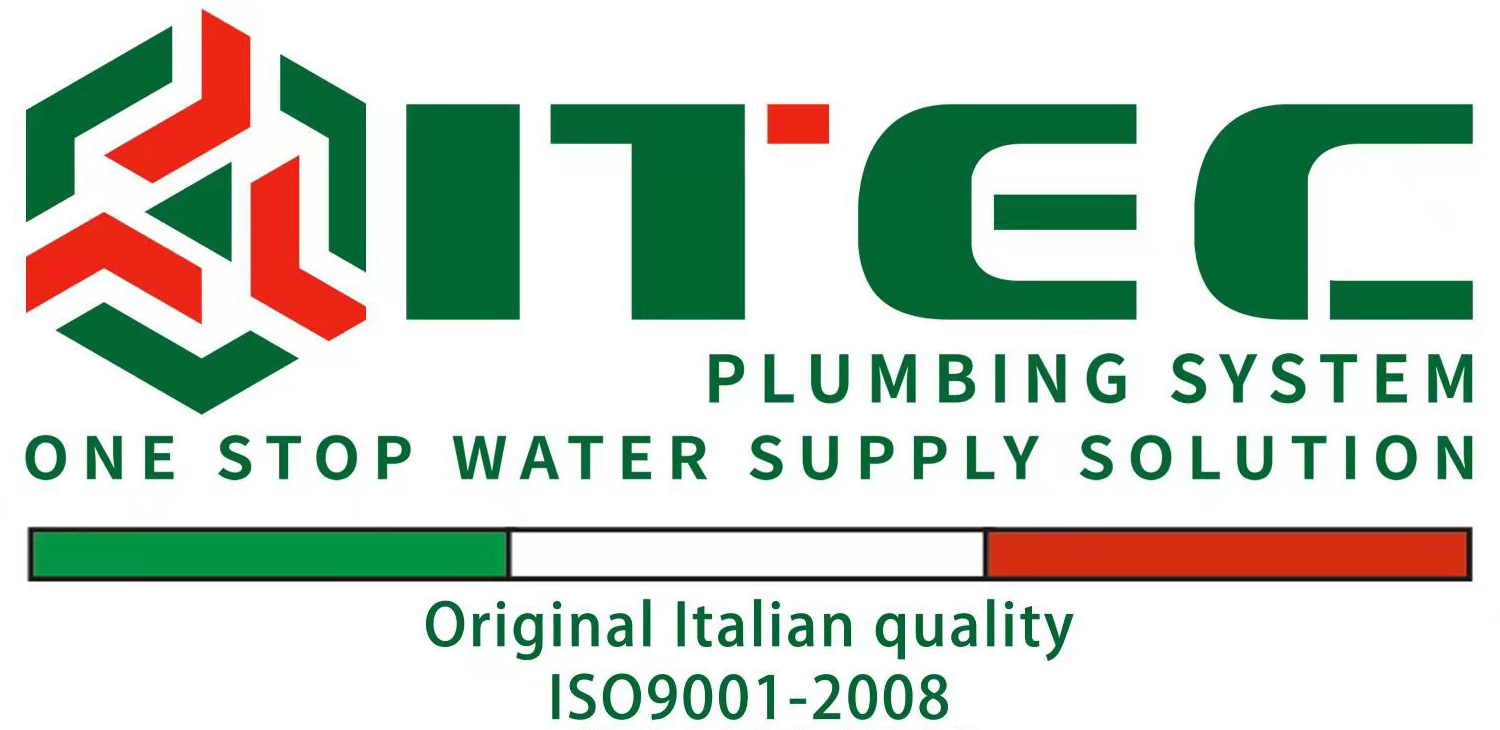Brass ball valves offer several distinct advantages, making them a popular choice in many industrial and commercial applications. This article explores these benefits in detail.
1. Excellent Corrosion Resistance
Brass is known for its superior corrosion resistance, especially in water and neutral chemical environments. The alloy’s resistance to rust and degradation makes it ideal for plumbing and heating systems. For example, in residential water systems, brass ball valves withstand exposure to water without significant wear or corrosion. This durability reduces the frequency of replacements and maintenance, ensuring a longer service life.
2. High Temperature and Pressure Tolerance
Brass ball valves can handle high temperatures and pressures effectively. They are suitable for environments where other materials might fail. For instance, in steam systems or high-pressure applications, brass valves maintain their integrity and function without significant performance issues. This makes them reliable for applications involving hot water or steam, where other materials might deform or degrade.
3. Efficient Flow Control
One of the key advantages of brass ball valves is their excellent flow control capabilities. They are designed to minimize flow resistance and pressure loss when fully open. For example, in a high-flow water system, a full-port brass ball valve allows a smooth and uninterrupted flow, unlike valves with smaller openings. This efficiency is crucial for maintaining optimal system performance and energy savings.
4. Superior Sealing Performance
Brass ball valves are equipped with high-quality seals, often made from PTFE or other durable materials. These seals ensure a tight, leak-proof closure, even under high pressure. In gas and liquid applications, the ability to prevent leaks is essential for safety and operational efficiency. For instance, in gas pipelines, reliable sealing prevents hazardous leaks and ensures safe operation.
5. Easy Operation
Brass ball valves are known for their simple and user-friendly operation. They typically feature a lever or handle that allows quick and easy switching between open and closed positions. This straightforward mechanism is advantageous in applications where frequent adjustments are necessary. For example, in irrigation systems, operators can easily control the water flow with minimal effort.
6. Long-Lasting Durability
Durability is a significant advantage of brass ball valves. They are designed to withstand wear and tear over extended periods. The robust construction of brass valves makes them suitable for both residential and industrial use. For instance, in industrial processes involving abrasive materials, brass valves maintain their performance and structural integrity longer than many other types.
7. Cost-Effective in the Long Run
Although brass ball valves may have a higher initial cost compared to some plastic or lower-grade metal valves, their longevity and durability offer cost-effective benefits in the long run. Reduced maintenance and replacement needs translate to lower overall costs. In commercial settings, where reliability is crucial, the initial investment pays off through extended service and reduced operational disruptions.
8. Versatile Applications
Brass ball valves are versatile and suitable for a wide range of applications. They are used in various systems, including water, oil, gas, and some chemicals. For example, in heating systems, brass valves manage the flow of hot water effectively. Their adaptability makes them a preferred choice across different industries and settings.
9. Easy Installation
Installing brass ball valves is generally straightforward, thanks to their simple design. They can be integrated into existing pipe systems without significant modifications. For instance, in residential plumbing, a brass ball valve can be easily installed to control water flow, enhancing system control and flexibility. This ease of installation contributes to their popularity among professionals and DIY enthusiasts alike.
10. Impact Resistance
Brass ball valves are known for their impact resistance. They can withstand certain levels of shock and vibration, which is important in dynamic environments. For example, in industrial machinery, brass valves endure vibrations without compromising their performance or structural integrity. This robustness is particularly beneficial in applications where equipment is subject to frequent movement or impacts.
conclusion
In conclusion, brass ball valves offer a range of advantages including excellent corrosion resistance, high temperature and pressure tolerance, efficient flow control, and superior sealing performance. Their ease of operation, durability, cost-effectiveness, versatility, easy installation, and impact resistance make them a valuable component in various applications. Understanding these benefits helps in selecting the right valve for specific needs, ensuring reliable and efficient system performance.
If you have read this article and have any questions, please feel free to contact IFAN. Below is our contact information:
Whatsapp:+86 13373827623
Email:[email protected]

